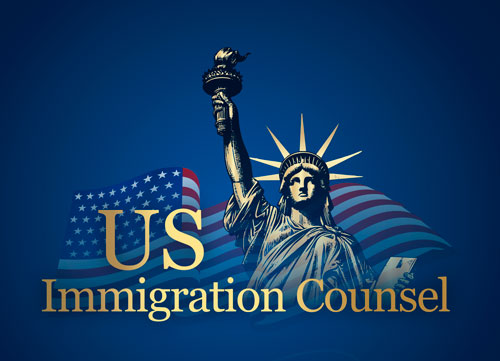Consular Report of Birth Abroad (CRBA)
If your child was born outside the U.S., you may be able to claim their American citizenship from birth.
The Consular Report of Birth Abroad (CRBA) is an official document issued by the U.S. Department of State that confirms a child born overseas to a U.S. citizen has acquired U.S. citizenship at birth. It’s one of the most important steps for families living abroad to secure their child’s legal status.
Who Is Eligible?
To qualify for a CRBA:
-
At least one parent must have been a U.S. citizen at the time of the child’s birth
-
The child must be under the age of 18 at the time of the application
-
The U.S. citizen parent must be able to prove their citizenship status
How to Obtain a CRBA
Parents must contact the nearest U.S. embassy or consulate in the country where the child was born. Each location may have slightly different procedures, but the process generally includes:
-
Scheduling an appointment at the embassy or consulate
-
Submitting supporting documents (birth certificate, parents’ passports, proof of U.S. citizenship, etc.)
-
Attending an in-person interview
If approved, the CRBA is issued as Form FS-240. Only one original is issued, so it’s important to keep it safe—though certified copies and replacements can be requested later.
Why It Matters
Securing a CRBA for your child ensures:
-
Proof of U.S. citizenship from birth
-
Eligibility for a U.S. passport
-
Access to government benefits, like Social Security, education, and consular protection abroad
-
Possibility of dual citizenship, depending on the laws of the country where the child was born
What If My Child Doesn’t Have One?
If your child is under 18 and was born abroad to a U.S. citizen parent, it’s not too late. Without a CRBA, your child may face difficulties proving their U.S. citizenship later. Acting quickly can prevent future legal complications.

